Watch
Events
Articles
Market
More
Though a host should encamp against me, my heart shall not fear; though war should rise up against me, even then will I be confident.
#psalm 27:3 #bible #psalms #verseoftheday #dailybread #scripture #scripturepictures #scriptureart
alittleperspective.com/welcome-to-scripture-pictures
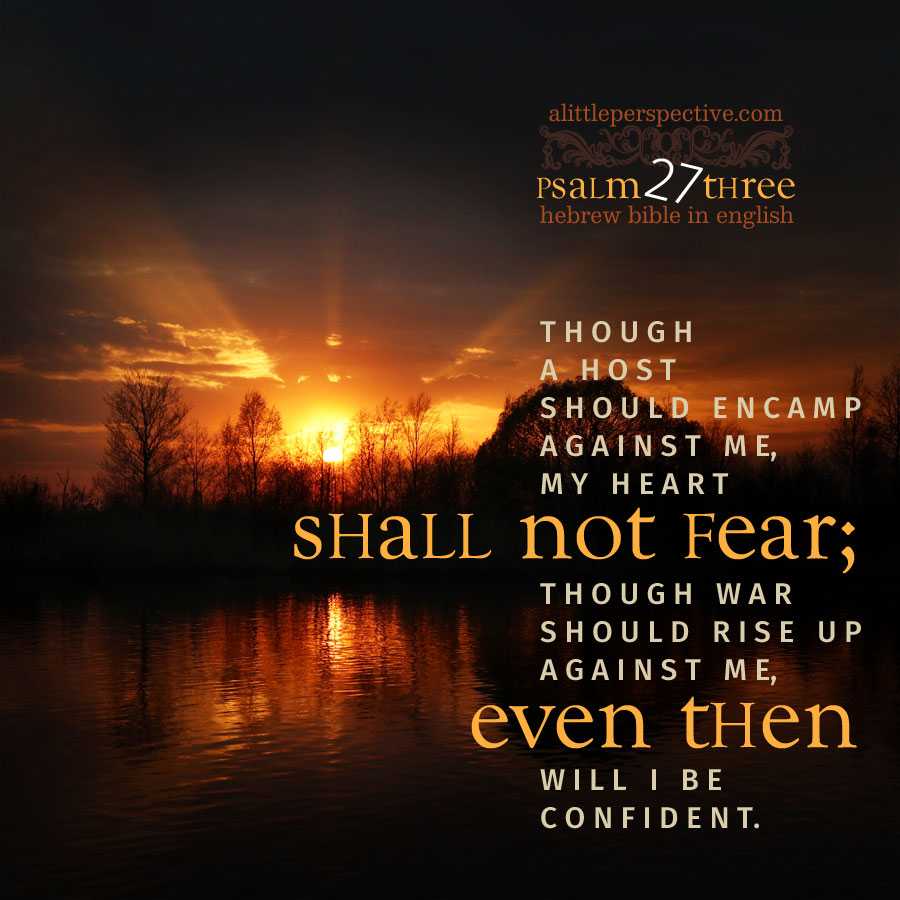



#GoodMorning and #happywednesday! March 02 #BibleStudy links to readings and study resources:
alittleperspective.com/march-02-bible-reading-2022/
Psalm 61 forms a chiastic structure:
Psa 61:1-8
1a) Psa 61:1-2, Hear my cry, O God, attend to my prayer;
1b) Psa 61:3-4, You have sheltered me so that I abide in Your tabernacle forever;
central axis) Psa 61:5, “For You, O God, have heard my vows; You have given me the heritage of those who fear Your name;”
2b) Psa 61:6-7, You will prolong the king’s life and he shall abide before God forever;
2a) Psa 61:8, Hear my praise sung to Your name forever.
David was crazy in love with the Lord His God and sought after being in His presence — the meaning of abiding in His tabernacle. David did not just want to be in church, He wanted to be in the Lord’s presence. The presence of the Lord dwelt above the mercy seat of the ark of the covenant, in between the cherubim.
Have you ever wondered, since David was so highly favored and a man after God’s own heart, why his life contained so many trials, so many enemies, so many fearful and impossible situations so that he had no choice but to put His trust in God, or be overwhelmed? I have.
The psalms were fruit that was borne out of the trials, enemies, and impossible situations of David’s life. Because David faced trials, and God showed Himself strong on David’s behalf, mankind has the blessing of the psalms to draw upon when facing any trial.
Sometimes our trials are not about us. Sometimes it is about others who will be served because I went through what I went through.
When we take up our cross and follow Him, we walk in His footsteps. He came to serve and not be served. He suffered and died for our sake, not for His sake. Our comfort in this life might not be God’s first goal for us! But suffering and death is not the end of the story. RESURRECTION LIFE waits for us; an eternal weight of glory waits for us! Dwelling in YHVH’s presence forever waits for us!
#Bible #DailyBread #wednesdaywisdom
mewe @ mewe.com/join/a_little_perspective
Gab @ ChristineMiller
Torah Network @ ChristineMiller
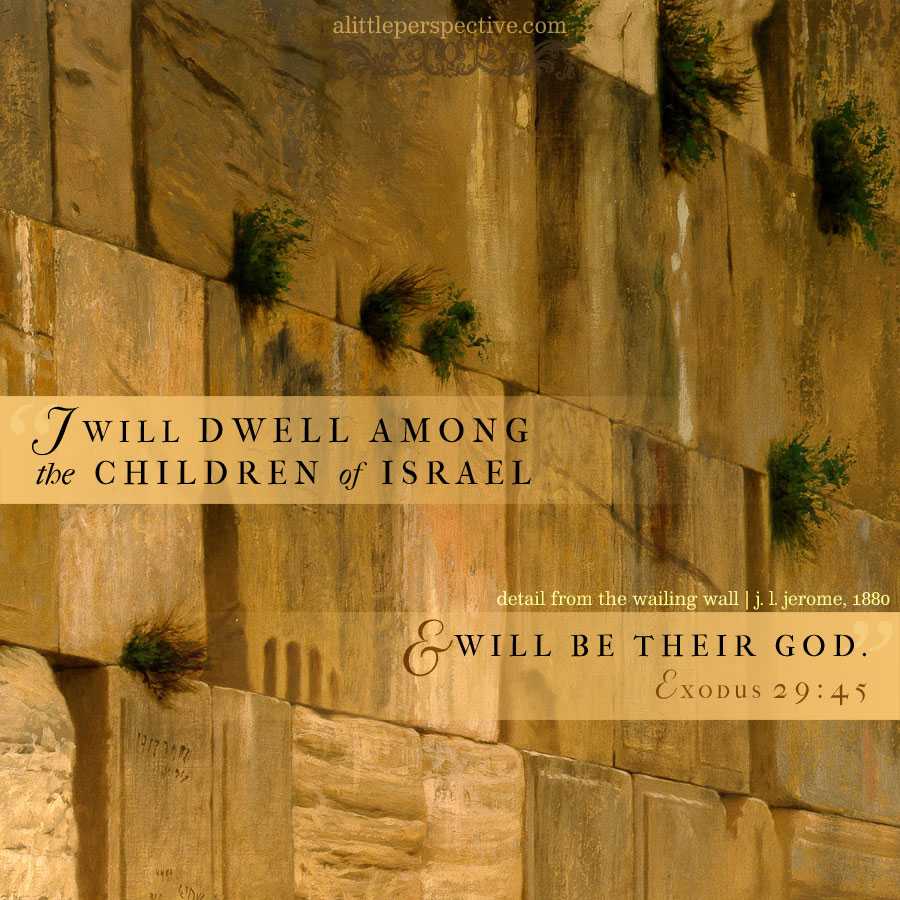






Exodus 4; 14—16, “Then the anger of the LORD burned against Moses, and He said, “Is not Aaron the Levite your brother? I know that he can speak well, and he is now on his way to meet you. When he sees you, he will be glad in his heart. You are to speak to him and put the words in his mouth. I will help both of you to speak, and I will teach you what to do. He will speak to the people for you. He will be your spokesman, and it will be as if you were God to him.” Even after Moses tries to resist, the Creator directs him to GO! Moses had witnessed something he couldn’t explain or completely understand and he really had no choice other than to trust the voice from the Bush that instructed him to go and return with the Hebrew people. That trust began a series of events that rocked the world beginning with the defeat of Egypt as a superpower.



Thought for Today: Wednesday March 02:
Whenever you feel distant from YHVH, whisper His Name in loving trust. This simple prayer can restore your awareness of His Presence. YHVH’s Name is constantly abused in the world, where many use it as a curse word. This verbal assault reaches all the way to heaven; every word is heard and recorded. When you trustingly whisper His Name, His aching Ears are soothed. The grating rancour of the world’s blasphemies cannot compete with a trusting child’s utterance of His Name. The power of His Name to bless both you and Him is beyond your understanding.



I love a happy customer!
A big shoutout to Heidi Cooper and her pango bookstore. Kelly Rambo and I have been learning how to understand signs and seasons from the stars (Psalm 19..) and using various books and phone apps to learn the constellations. I spotted this TOTALLY cool glow in the dark star map book in Heidi Cooper's store and jumped on it. So cheap I had to grab a second related book and she threw in a third freebie! All for less than $13! You #torahhomeschoolers need to keep an eye on her shop as a resource!
See her store at www.pangobooks.com/bookstore/torahfamilyliving
#shopfamilyfirst
#happycustomer
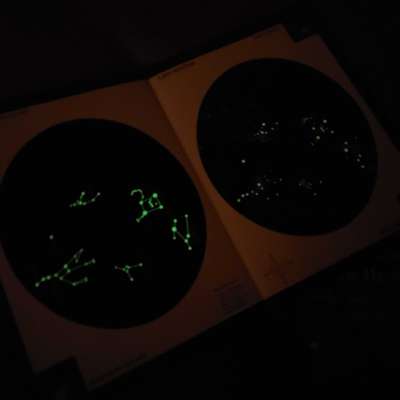
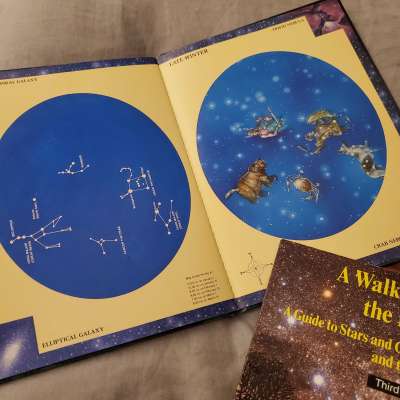
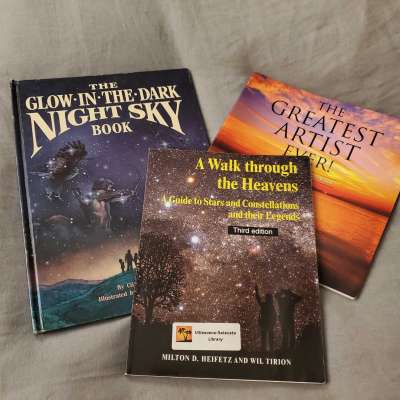



A big shoutout to Heidi Cooper and her pango bookstore. Kelly Rambo and I have been learning how to understand signs and seasons from the stars (Psalm 19..) and using various books and phone apps to learn the constellations. I spotted this TOTALLY cool glow in the dark star map book in Heidi Cooper's store and jumped on it. So cheap I had to grab a second related book and she threw in a third freebie! All for less than $13! You #torahhomeschoolers need to keep an eye on her shop as a resource!
See her store at www.pangobooks.com/bookstore/torahfamilyliving
#shopfamilyfirst
#happycustomer





